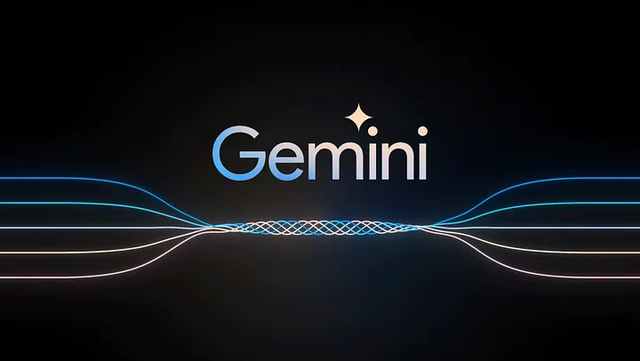Google has unveiled Gemini for Home, a sweeping upgrade that signals the end of Google Assistant and the beginning of a more advanced era of household AI. Announced at the company’s 2025 “Made by Google” event, the system draws on Gemini’s powerful models to deliver conversations that feel natural, context-aware, and personalised. Unlike its predecessor, it no longer depends on rigid wake words but engages fluidly, capable of understanding layered instructions such as adjusting lighting in select rooms while leaving others unchanged.
This evolution goes beyond voice commands. Gemini for Home introduces Gemini Live, a feature enabling real-time dialogue that can stretch from meal planning and home troubleshooting to crafting stories or entertainment on demand. The technology demonstrates a shift from voice-activated functionality to collaborative interaction, with AI positioned less as a passive tool and more as a responsive partner within daily routines.
The rollout is expected to begin in October under early access, with free and premium tiers offered before a wider global launch. Hardware will also receive attention, as Google teased a new generation of smart speakers designed to optimise Gemini’s capabilities. These devices, styled as successors to the Nest line, aim to embed the assistant seamlessly into the home environment, ensuring that the AI’s sophistication is matched by accessible, integrated design.
For the global technology ecosystem, the implications are substantial. Manufacturers and developers will need to adapt rapidly to ensure compatibility with Gemini’s more complex, reasoning-driven functions. The smart-home market, already crowded, may see a renewed wave of demand for devices capable of harnessing advanced AI, while competitors will be forced to accelerate their own innovation cycles to keep pace. For consumers, the shift suggests a move toward homes that anticipate needs and converse meaningfully, rather than waiting for commands.
By retiring Google Assistant in favour of Gemini for Home, the company has underscored a fundamental change in the trajectory of domestic AI. This is not merely an upgrade to voice control but a redefinition of how households interact with technology, bringing a new dimension of intelligence and collaboration into everyday living.


